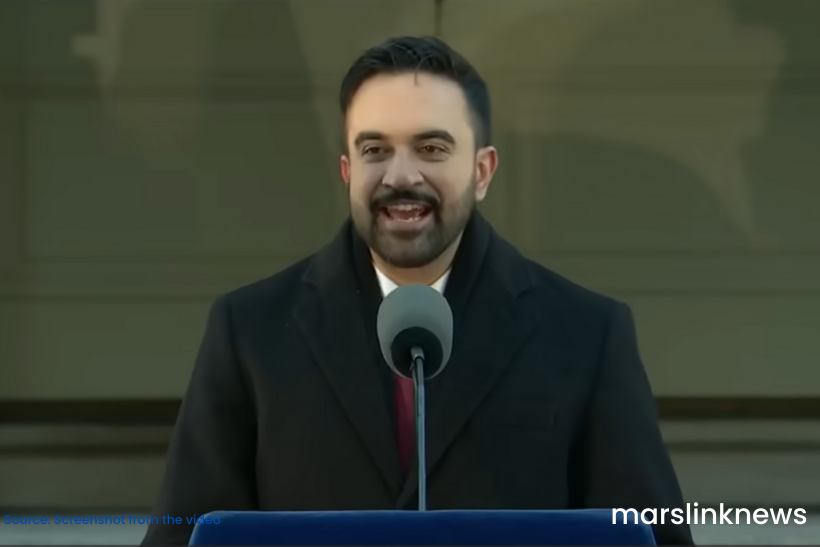Breaking News

Popular News



Fast, Reliable, and Uncensored News Coverage

The Pentagon has initiated an investigation into the unauthorized disclosure of national security information, with officials warning that those responsible could face criminal prosecution.
While the Defense Department has not disclosed specific details about the leaked information, it is treating the matter with utmost seriousness. Measures under consideration include the use of polygraph tests on personnel, according to reports from the Associated Press.
A memo sent late Friday from Defense Secretary Pete Hegseth’s chief of staff referenced “recent unauthorized disclosures” but did not elaborate on the nature of the leaks. The memo stated, “If this effort results in information identifying a party responsible for an unauthorized disclosure, then such information will be referred to the appropriate criminal entity for criminal prosecution.”
This move echoes similar inquiries pursued during the Trump administration, which also prioritized cracking down on leaks of classified information.
The Department of Homeland Security (DHS) is also stepping up efforts to identify leakers. Secretary Kristi Noem has vowed to increase polygraph testing on employees to prevent the disclosure of operational details to the media.
Meanwhile, the Justice Department announced on Friday that it is investigating what it describes as “the selective leak of inaccurate, but nevertheless classified, information” related to Tren de Aragua, a Venezuelan gang targeted for removal by the Republican administration.
While leaks are not uncommon in Washington—often used by officials to gauge public reaction to policy decisions—the use of polygraphs in leak investigations has sparked debate.
A 1999 Pentagon report revealed plans to expand the use of polygraphs on defense personnel “if classified information they had access to has been leaked.”
The investigation underscores the ongoing challenge of balancing transparency with the need to protect sensitive information. As the Pentagon and other agencies intensify their efforts, the debate over the effectiveness and ethics of polygraph testing is likely to continue.
📌 MARSLINK NEWS – Reliable, Timely, and In-Depth Coverage